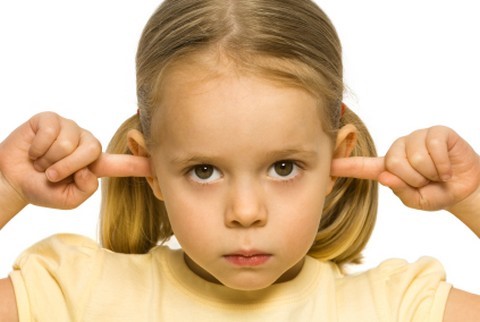stem4 Self Worth/Eating Disorders app Research Study – request for help in recruiting participants.
stem4 is a London-based teenage mental health charity that aims to develop positive mental health in teenagers through education and early intervention. stem4’s digital portfolio of award-winning evidence-based apps (Calm Harm, Clear Fear, Move Mood and Combined Minds) have been created by Consultant Clinical Psychologist Dr Nihara Krause in collaboration with young people, and are available free of charge on the App Store and Google Play.
This study is a preliminary evaluation of a new app called Worth Warrior for young people who experience early stage eating disorders. Like the other stem4 apps, this app, which will also be available free to users, has been developed by a Clinical Psychologist and stem4 Chief Executive Officer and Clinical Lead, Dr Nihara Krause and has been funded by the National Institute of Health Research (NiHR). The app uses techniques from a talking therapy called, Cognitive Behavioural Therapy for eating disorders to help tackle the symptoms of early eating disorders and low self-worth.
stem4 would like to know if the Worth Warrior app works well and if it can help young people manage their early symptoms of eating disorders by contributing to improving their self-worth. They will use a ‘before and after’ design to see if the Worth Warrior app is user friendly and can help to reduce symptoms in young people aged between 17-25 years.
The research will take place over a 7-week period and aims to include up to 30 young people. stem4 would like to collect information using online questionnaires at three time points, followed by a brief interview online. Young people will be recruited via stem4’s networks, social media, and their website. The project is divided into three stages:
Time 1: Introduction and familiarisation with the app.
Time 2: Post-app familiarisation (1 week).
Time 3: Follow-up after 6-weeks to see if the app was helpful.
Data will be collected via questionnaires at each time point. In order to collect more detailed feedback of using the app and its benefits (or qualitative data) participants will also be invited to take part in a brief online interview at Time 3. This qualitative part of the study will be jointly produced with young people.
As a thank you to the young people participating, stem4 will be offering a £30 Amazon voucher.
Participants can find out more and see if they are eligible for the study here:
https://stem4.org.uk/body-image-eating-disorders-app-research-study/












